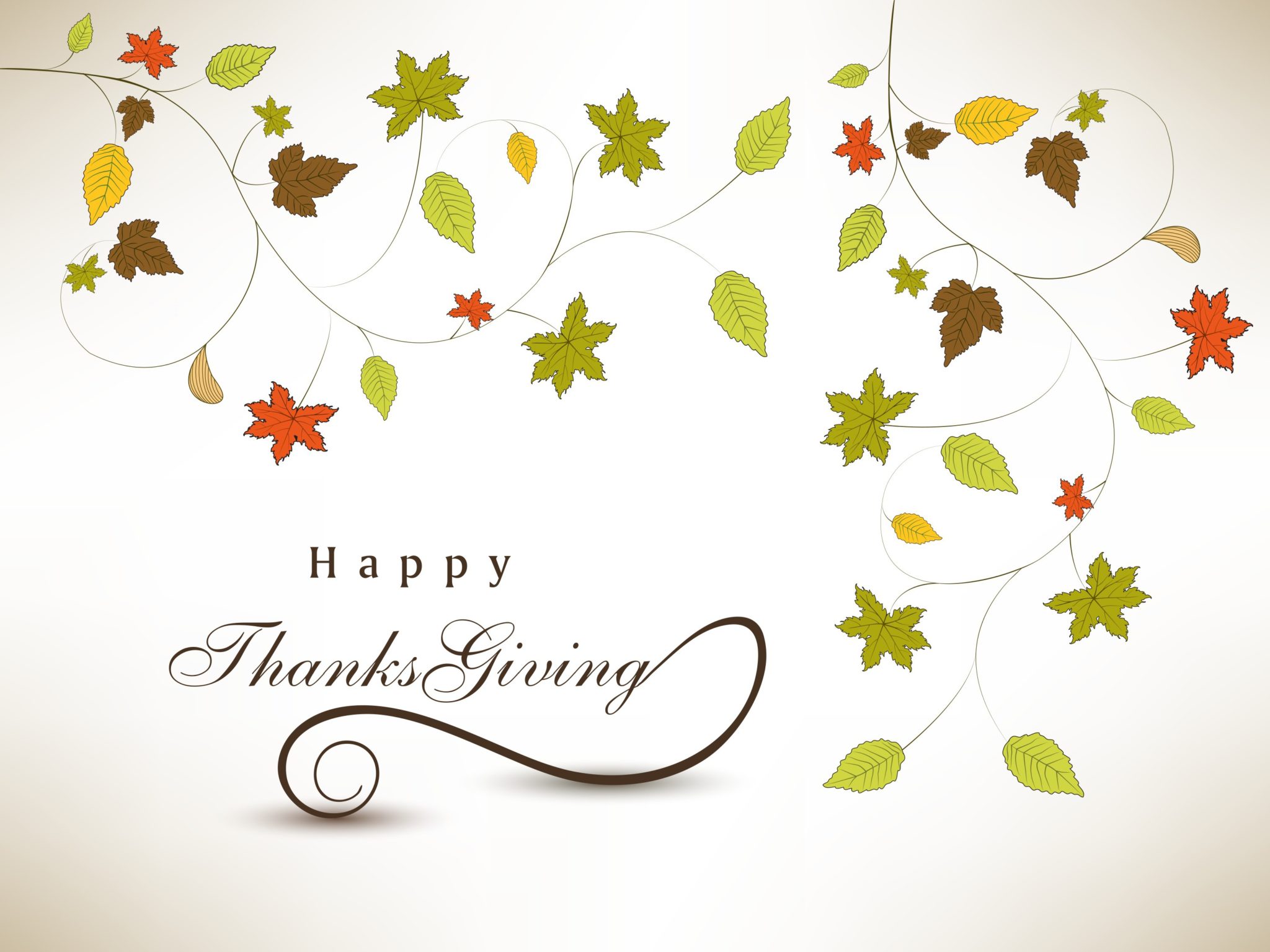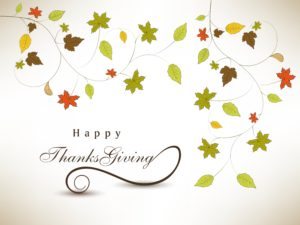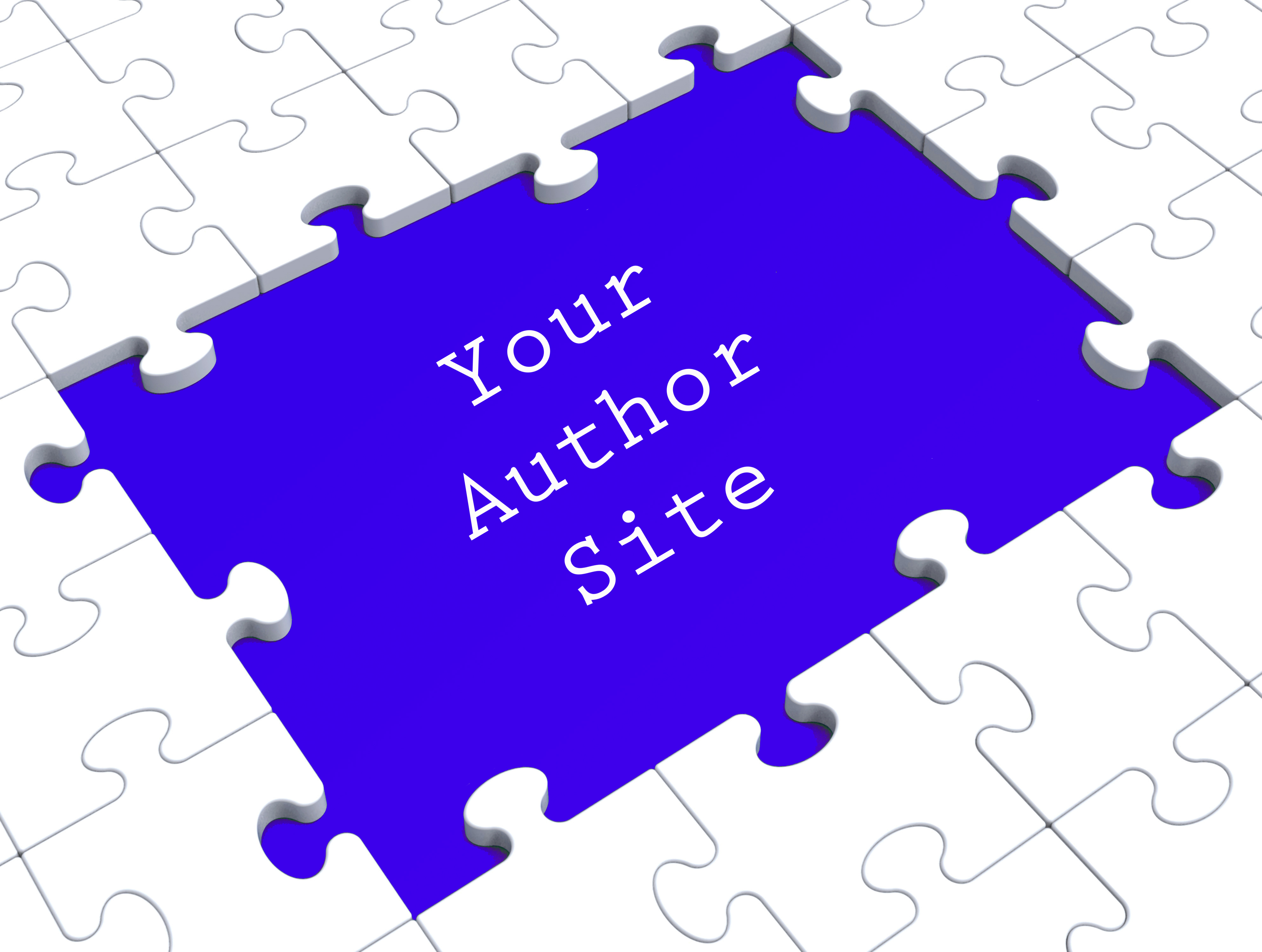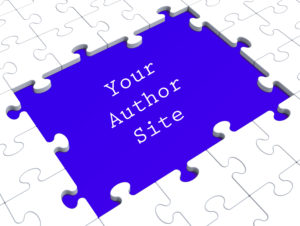Today’s post is by Lorraine Berry, from the Literary Hub website, on December 4, 2015. In her article, Lorraine examines the realistic views on the class system within the literary community. This is something can be expanded to cover the divide between “self-published” vs. “traditionally published” authors as well. While the self publishing world is making great strides, how much does having connections and opportunities help with getting a contract and attention with a publishing house?
~ * ~
How The Literary Class System Is Impoverishing Literature
On the Systemic Economic Barriers to Being a Writer
One of the things I was taught as an elementary school student in Illinois was that America differed from Europe in that it was founded as, and has remained, a classless society. These days, if politicians such as Barack Obama or Bernie Sanders bring up the disparities among the classes in America, they are accused by their political opponents of conjuring up class  consciousness in order to foment class warfare. Unfortunately, of course, Obama and Sanders are right, and my schoolteachers were wrong. And while class disparity manifests in all sectors of society, for those who seek careers in literature, class differences have a huge impact on who gets hired and who gets published. This, in turn has a real effect on the portrayal of class in literature, and in media depictions of the writer’s life.
consciousness in order to foment class warfare. Unfortunately, of course, Obama and Sanders are right, and my schoolteachers were wrong. And while class disparity manifests in all sectors of society, for those who seek careers in literature, class differences have a huge impact on who gets hired and who gets published. This, in turn has a real effect on the portrayal of class in literature, and in media depictions of the writer’s life.
In the past few years, countless essays, articles, charts, graphs, and surveys have been published making the case for greater gender and ethnic diversity in the literary world, that our literature might present back to us a truer accounting of the society in which we actually live. There remains a long way to go but we have slowly come to understand that by publishing more writers of color, by increasing the number of women’s bylines, by being more inclusive, we will increase the quality of our collective storytelling.
But very little has been explicitly articulated about the exclusion of the great American underclass, that perpetually poor group on the bottom tier of society that includes all races/genders/creeds. And as we winnow out opportunities for art about poverty, we lose so much potential for change.
One doesn’t learn to be a writer in college and then graduate with the same opportunities as everyone else. When it comes to looking for a job, or having the time to write, social stratification determines who gets the internships, and by extension who gets to forge the connections that help one find an agent, or get a job with a publishing house.
A colleague and I have the same argument at least twice a year, usually at registration time when he bumps into me in the office and complains to me about our students’ unwillingness to go after off-campus internships. Most of his scorn is directed at students who only want to do an on-campus internship, during the semester, rather than taking an internship over winter or summer breaks.
And, given that the college where I teach is a four-hour drive from New York City, he is brutal when discussing the failure of the students to feed at the Golden Corral of publishing internships that is Manhattan. And so, each semester, I have to remind him of the reality of our students’ lives. I start with the fact that NYC internships often pay at most a token salary of perhaps a thousand dollars per month. Apartment rents in Manhattan and Brooklyn cost more per month than that highest token salary, and even if you can find a sharing sublet for summer and live on Ramen, rice, and mac-n-cheese, most of our students must spend summer working as many hours as they can so that they can get by working part-time during the school year. A summer internship that has a negative impact on summer savings is out of reach for any student not supplemented in some way. Some students luck out because a relative lives in one of the boroughs and is willing to house them, but once again, while it’s not a guarantee of money, it is still the accident of having a relative live within commuting distance of New York City.
Read the full post on the Literary Hub website
~ * ~
If you liked this article, please share. If you have suggestions for further articles, articles you would like to submit, or just general comments, please contact me at paula@publetariat.com




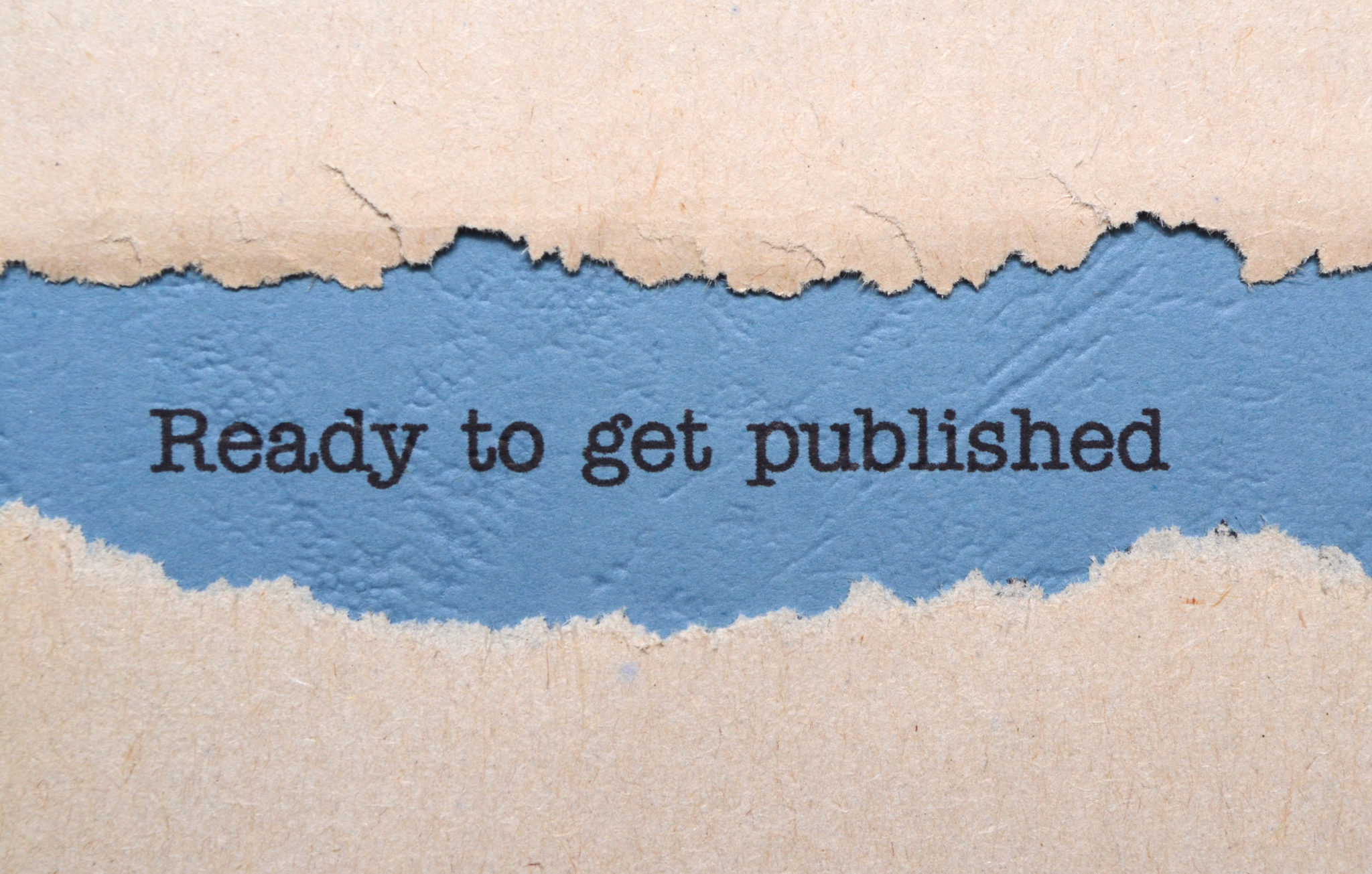
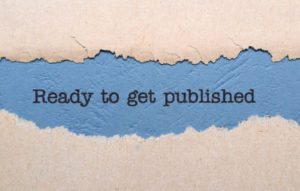 When writers ask me “Can you find me a literary agent?” they don’t realize it’s kind of like asking me “Can you find me the right spouse?” This is a research process and decision that’s best conducted by you. I think you’ll understand why by the end of this post.
When writers ask me “Can you find me a literary agent?” they don’t realize it’s kind of like asking me “Can you find me the right spouse?” This is a research process and decision that’s best conducted by you. I think you’ll understand why by the end of this post.